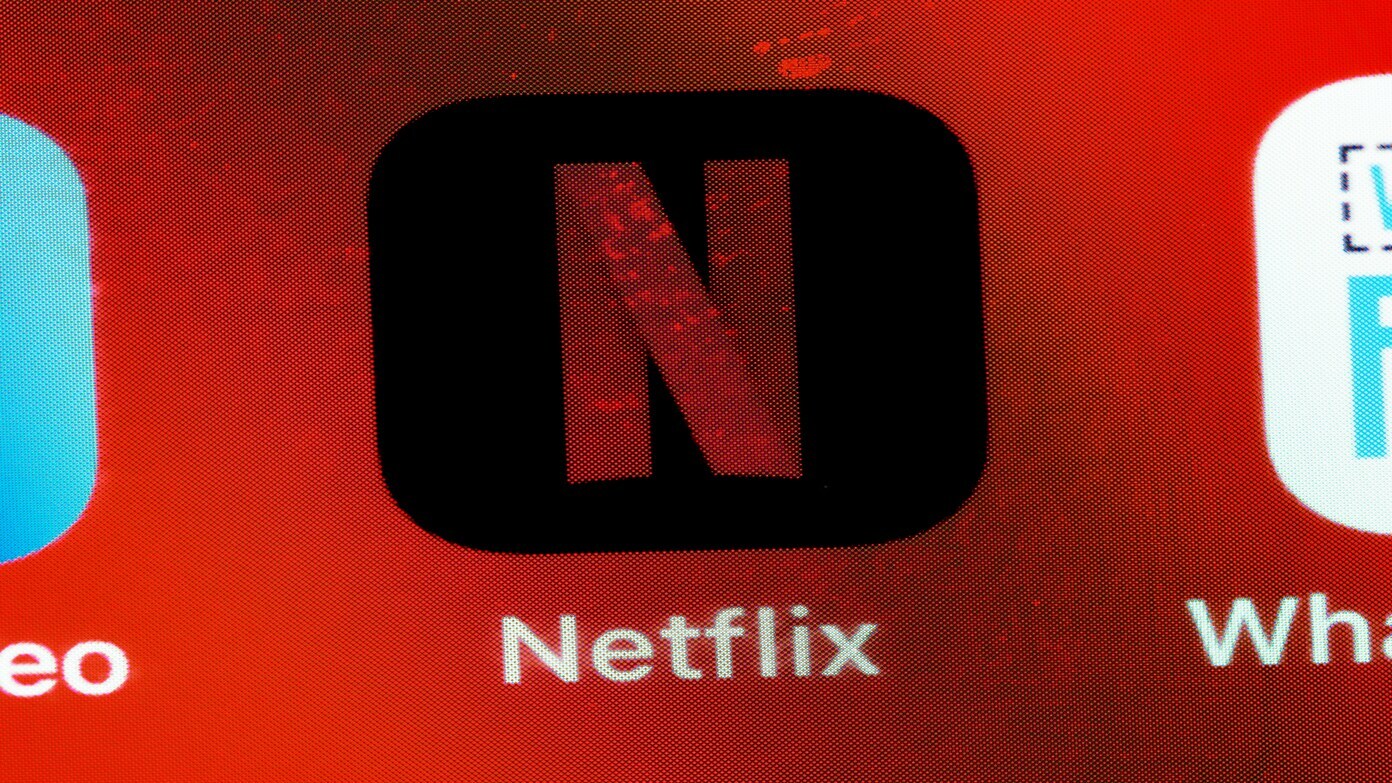What’s currently happening
Netflix shares fell again this week after billionaire Elon Musk called on his fans to cancel the service. The stock fell in two straight sessions—2.3% in one session and 2.9% in the next — and has now been trending lower for several sessions in a row. Investors are watching to see if the online rant adds up to actual subscription declines.
What Musk posted and why it went viral
Musk amplified criticism on Twitter of Netflix imposing transgender themes on children from his account on X. He made posts such as “Cancel Netflix for the health of your kids” in trust of the criticism directed towards animated series Dead End: Paranormal Park. His posts went viral, spreading the criticism to a viral cause on social media.
The show at issue
Critics pointed to Dead End: Paranormal Park — a kids TV show with a transgender character — as just one example of programming they disagree with. Supporters of the show and others argue the criticism is unfair and that the show was trying to be inclusive. The debate demonstrates the ways in which culture wars can easily spread from social media to the stock market.
You will want to read this later: When did the government last shut down — and what happened?
How the market reacted
Investors acted quickly on the headlines and social media buzz. After Musk’s tweets, shares of Netflix dropped, and trading volume increased as some sellers traded down on the news. Even modest drops can add up: headlines like these can create “headline risk”—short-term fluctuations driven by news and public opinion and not by company fundamentals.
Is this really a threat to Netflix watchers?
So far, there is no concrete evidence of how many have actually reduced subscriptions as a result of the campaign. Businesses have previously faced boycotts with varying effects—some had merely short-term reductions, some longer-term shopper shifts. Experts and pundits warn that a few high-profile cancellations do not always mean a long-term trend, but repeated pressure from influencers can still hurt a company’s reputation and expansion if sustained.
What Netflix did (and didn’t do)
Netflix hasn’t issued a public comment about Musk’s tweets specifically, and the company typically emphasizes that it offers programming for a broad range of viewers. In another controversy, Netflix has aligned with creative freedom while sometimes making programming or marketing changes, as backlash grows.
Read this later: The dollar keeps falling – how does that affect you and your wallet?
What this will mean for viewers and investors
For viewers: the row may cause families to pay more attention to what their kids watch and have parents check overage ratings and episode guides. For shareholders, the episode is a reminder that media shares are at risk from cultural spats. Short-term stock movements are par for the course when top stars and social media own the agenda. Bottom line
A social-media push fueled by a high-profile celebrity can change markets and fuel wider public debate. Netflix is currently facing renewed criticism over children’s programming for older children and a deluge of online cancellation calls. Whether it develops into a lasting blow to subscribers — and the stock — will depend on how many people actually do manage to do something, how Netflix responds, and whether the story remains in the spotlight in the days ahead.
Read this later: If you are one of these Americans, you are in luck – You will receive a $300 cash bonus from Chase if you act…

